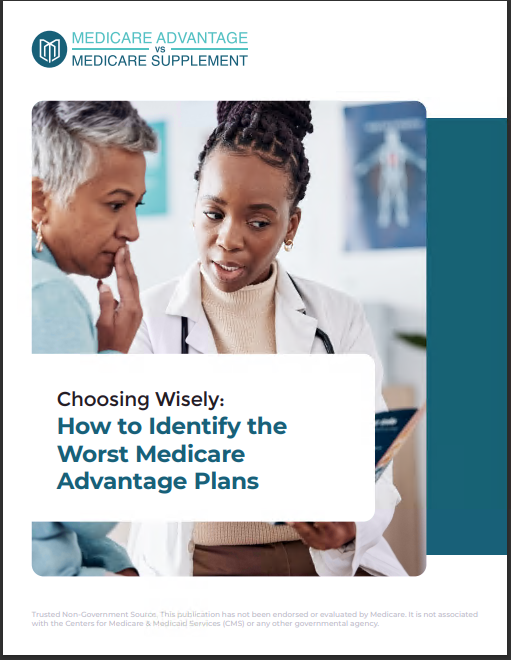Medicare Supplement Plan Prescription Drug Coverage
Introduction
Medicare Supplement plans, also known as Medigap plans, offer additional coverage to fill the gaps left by Original Medicare (Part A and Part B). While Medicare Supplement plans traditionally do not include prescription drug coverage, some plans offer optional prescription drug benefits. In this guide, we will explore Medicare Supplement Plan prescription drug coverage, including its benefits, coverage options, and enrollment considerations.
Coverage Overview
Medicare Supplement Plan prescription drug coverage provides beneficiaries with added peace of mind by offering prescription drug benefits on top of their existing Medigap coverage. While Medicare Supplement plans primarily focus on covering healthcare services such as hospital stays and medical procedures, adding prescription drug coverage ensures comprehensive protection against rising prescription drug costs.
- Medicare Supplement Plan Benefits: Medicare Supplement plans offer various benefits, including coverage for Medicare Part A and Part B coinsurance, copayments, and deductibles. These plans also cover excess charges, skilled nursing facility care coinsurance, and emergency healthcare services during foreign travel.
- Prescription Drug Coverage: Some Medicare Supplement plans offer optional prescription drug coverage, typically as an add-on to the core Medigap benefits. This coverage helps beneficiaries afford their prescription medications by providing access to Medicare Part D prescription drug benefits, including coverage for brand-name and generic drugs.
Types of Medicare Supplement Plans
Medicare Supplement plans are standardized and labeled with letters A through N, each offering different levels of coverage. While not all Medigap plans include prescription drug coverage, beneficiaries can choose from a range of plan options based on their healthcare needs and budgetary considerations.
- Medicare Supplement Plan F: Plan F offers the most comprehensive coverage among Medicare Supplement plans, covering all Medicare Part A and Part B deductibles, copayments, and coinsurance. However, Plan F does not include prescription drug coverage.
- Medicare Supplement Plan G: Plan G offers similar coverage to Plan F, with the exception of the Medicare Part B deductible. Some Plan G options may include optional prescription drug coverage, providing beneficiaries with added flexibility and convenience.
- Medicare Supplement Plan N: Plan N offers comprehensive coverage for Medicare Part A and Part B coinsurance, copayments, and deductibles, with some cost-sharing requirements for certain services. While Plan N does not include prescription drug coverage, beneficiaries can opt for standalone Medicare Part D plans to supplement their drug coverage needs.
Enrollment Process
Enrolling in Medicare Supplement Plan prescription drug coverage requires careful consideration of enrollment periods, plan options, and eligibility requirements. Beneficiaries should familiarize themselves with the enrollment process to ensure timely access to comprehensive healthcare coverage.
- Initial Enrollment Period (IEP): The Initial Enrollment Period for Medicare Supplement plans typically begins when beneficiaries are first eligible for Medicare Part B and lasts for six months. During this period, beneficiaries have guaranteed issue rights, allowing them to enroll in any Medigap plan, including those with prescription drug coverage, without medical underwriting.
- Open Enrollment Period (OEP): The Open Enrollment Period for Medicare Supplement plans occurs when beneficiaries are at least 65 years old and enrolled in Medicare Part B. During this period, beneficiaries can enroll in or switch Medigap plans without facing medical underwriting, ensuring access to comprehensive coverage, including prescription drug benefits.
- Special Enrollment Periods (SEPs): Certain life events, such as losing employer coverage, moving to a new area, or qualifying for Medicaid, may qualify beneficiaries for Special Enrollment Periods, allowing them to enroll in or switch Medicare Supplement plans outside of the standard enrollment periods.
Conclusion
Medicare Supplement Plan prescription drug coverage offers beneficiaries additional protection against rising prescription drug costs while enhancing their existing Medigap coverage. By exploring plan options, understanding enrollment periods, and selecting the right coverage based on individual healthcare needs, beneficiaries can maximize their healthcare benefits and achieve greater peace of mind.
Find the right Medicare Supplement Plan prescription drug coverage for your healthcare needs. Download our comprehensive eBook as a supplemental guide, or connect with licensed insurance agents for personalized assistance.

